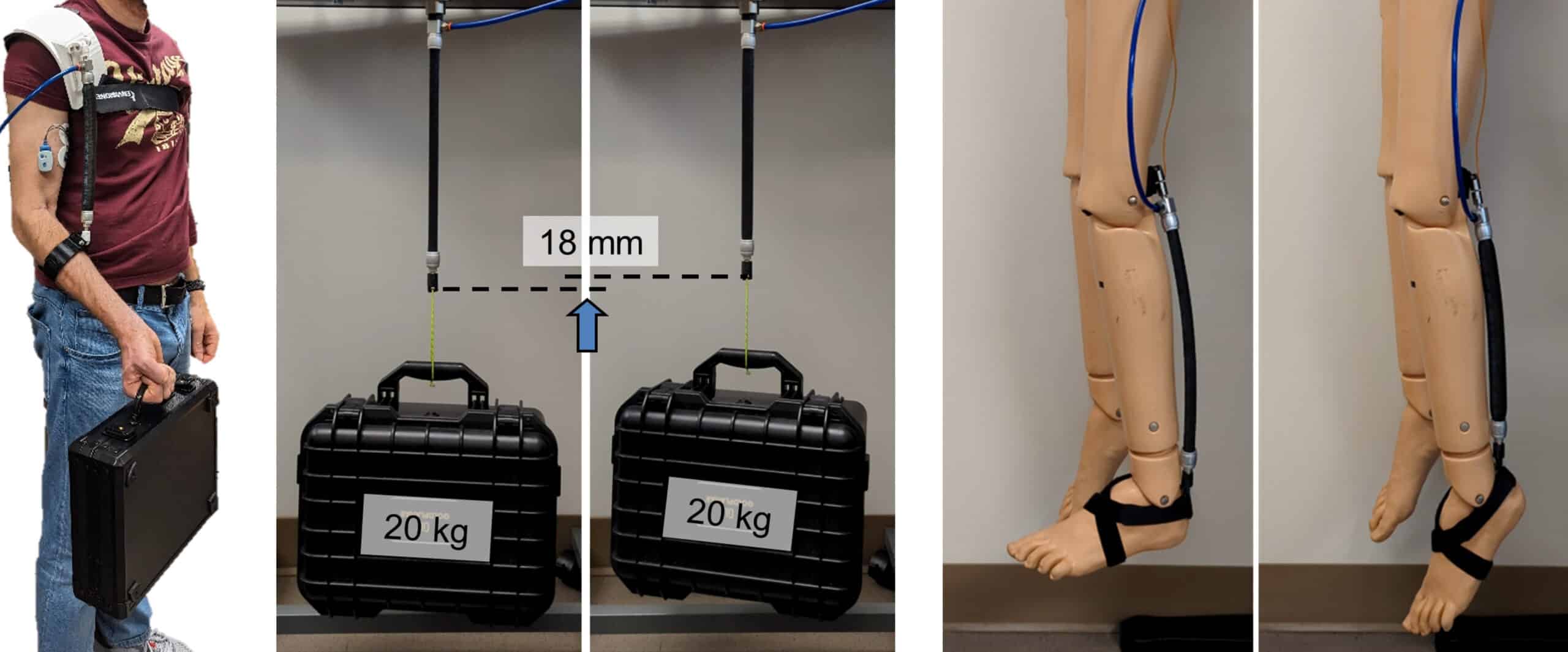The Human Rights Committee today opened its one hundred and forty-first session, during which it will examine the reports of Croatia, Honduras, India, Maldives, Malta, Suriname and Syria on their implementation of the provisions of the International Covenant on Civil and Political Rights.
In opening remarks, Mahamane Cisse-Gouro, Director, Human Rights Council and Treaty Mechanisms Division, Office of the High Commissioner for Human Rights and Representative of the Secretary-General, congratulated the members who were re-elected for a second term. He said the multiple crises affecting the world today weighed heavily on the hearts and minds of the Committee. Extremism continued to rise, manifesting in dehumanising hate speech, discrimination, and violence, fuelled by a steep increase in inequality. According to Oxfam, 60 per cent of humanity, equivalent to 4.8 billion people, had grown poorer since 2019.
In times like these, human rights mechanisms, including the Committee, played a vital role in protecting rights. These mechanisms reflected back to States their human rights records and recommended ways to improve their efforts, rectify what had gone wrong, and bring justice to victims. The potential for meaningful change that the human rights mechanisms could bring about was highlighted by the High Commissioner for Human Rights when he addressed the Human Rights Council two weeks ago. He also noted the multiplier effects of the work of the treaty bodies, including in addressing areas such as climate change.
Mr. Cisse-Gouro outlined some developments that would be of interest to this Committee, including the presentation of the report of the Special Rapporteur on the independence of judges and lawyers, on June 25, which explored the key role played by the legal professionals, who comprised the justice system, in safeguarding democracy in the context of this year, in which nearly half the world’s population would vote. The Special Rapporteur described the relationship between independent justice systems, the rule of law and meaningful participatory government, and the extensive challenges faced by those systems in checking the undemocratic usurpation of power. The Council also had before it two reports of the High Commissioner, one addressing the impact of arms transfers on human rights, and another focused on conscientious objection to military service.
Mr. Cisse-Gouro said the Chairpersons of the human rights treaty bodies had just completed their thirty-sixth annual meeting in New York. The Chairs made important progress in terms of aligning working methods and worked to enlarge support for the implementation of the treaty body strengthening process, advocated strongly for resources to implement the predictable review schedule, and highlighted the negative impact of the liquidity crisis on the Committees’ work. It was hoped that the Chairs’ decisive engagement would yield positive, concrete results, including through a biennial General Assembly resolution on the treaty body system due to be adopted later this year. Mr. Cisse-Gouro reassured the Committee that his Office shared the concerns about the current liquidity crisis and would continue to explore ways for the holding of the third annual session. He wished the Committee a fruitful and productive session.
The Committee adopted its agenda and programme of work for the session.
Tania Abo Rocholl, Committee Chairperson, thanked Mr. Cisse-Gouro for the opening statement and his support. The Committee knew he was extremely attentive to the one question that was crucial to its work, namely holding the third session of the Committee. The Chair hoped he would be able to provide the Committee with more precise information on that during the current session.
Hélène Tigroudja, Committee Expert and Chair of the working group on communications, presented the working group’s report for the one hundred and forty-first session. The working group had met in a reduced capacity due to the liquidity crisis and had to adapt working methods to comply with their mandates. The working group considered 21 drafts relating to 64 communications covering issues relating to arbitrary detention, torture and ill treatment in detention, non-refoulement, language rights, rights of indigenous persons, and freedom of expression and assembly.
For the first time, there was a case pertaining to jurisdictional immunity of an individual organization. The communications covered 13 States parties from different continents and regions and were submitted between 2015 and 2022. The working group submitted to the plenary 50 communications with a statement of violation, eight communications with a finding of inadmissibility, one finding of no violation and five communications which still needed to be finalised. Ms. Tigroudja thanked the members of the working group for their hard work. It was essential to preserve the holding of the working group’s sessions to maintain legal rigour and quality of decisions. It was hoped they could return to the classic format of meeting five days, for the October session.
The Human Rights Committee’s one hundred and forty-first session is being held from 1 to 23 July 2024. All the documents relating to the Committee’s work, including reports submitted by States parties, can be found on the session’s webpage. Meeting summary releases can be found here. The webcast of the Committee’s public meetings can be accessed via the UN Web TV webpage.
The Committee will next meet in public at 3 p.m. on Tuesday, 2 July, to begin its consideration of the fourth periodic report of Croatia (CCPR/C/HRV/4).







